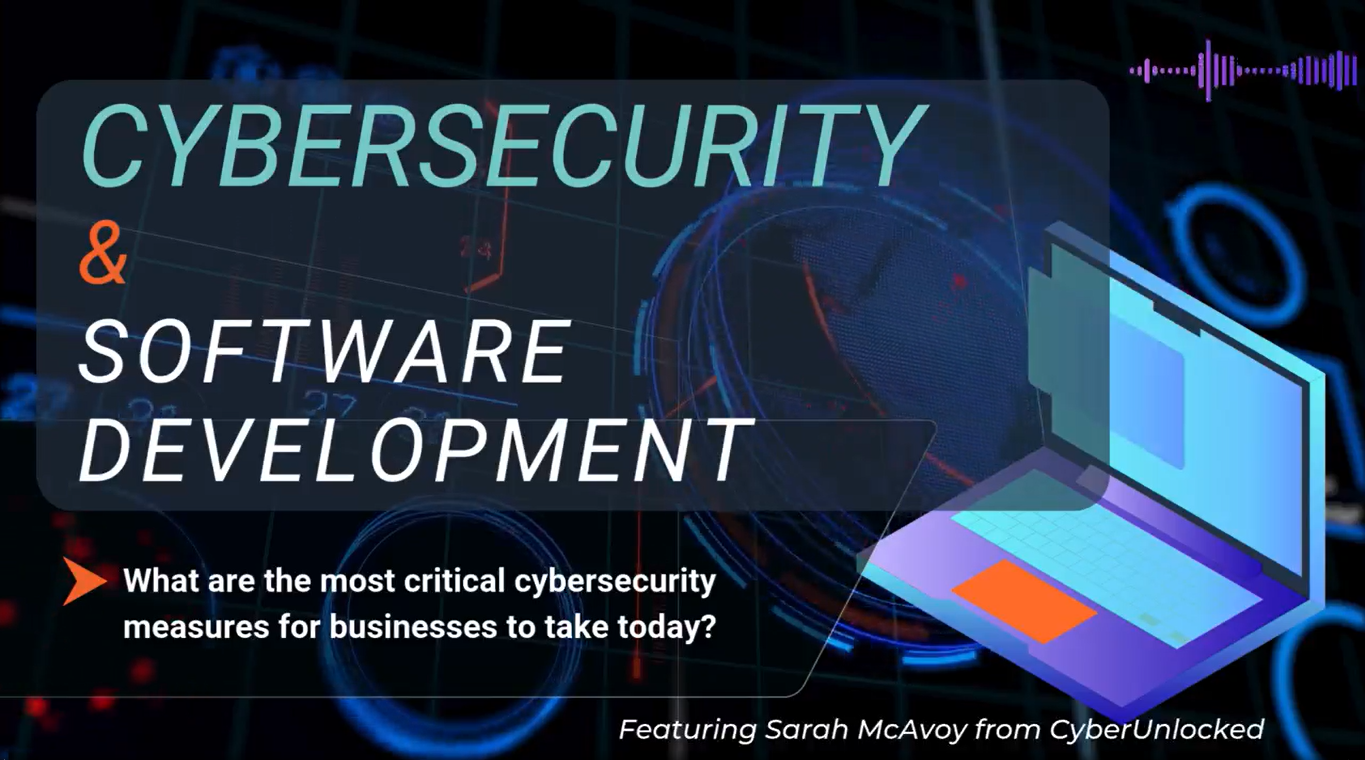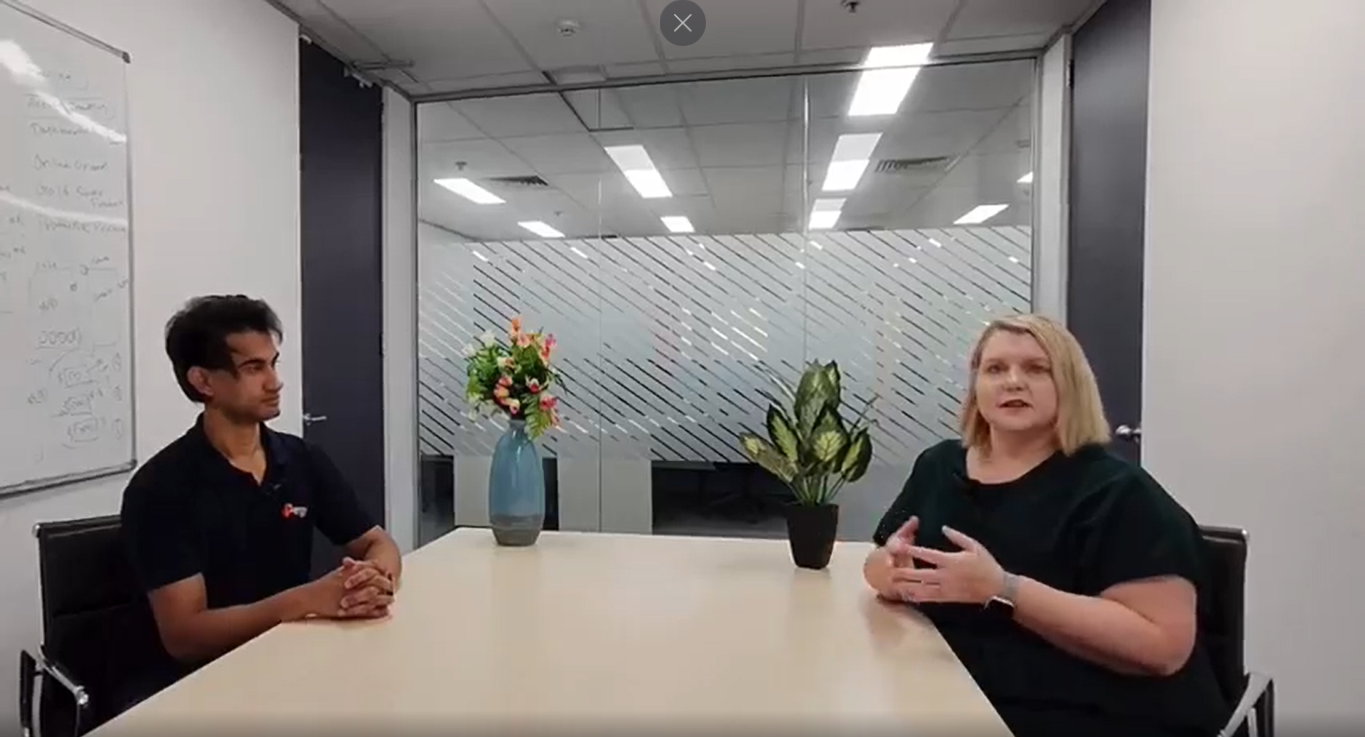Latest News

Certifications, such as ISO and SOC2, provide independent verification of your businesses adherence to rigorous standards and best practices in areas like information security, data privacy, and operational excellence. They can be a powerful tool that can help you show to potential clients and partners that you have a demonstrated commitment to these crucial factors.
In this blog, we will explore the significance and benefits of certification for small and medium-sized businesses and look specifically at ISO 27001 and SOC 2 compliance.
What Are The Benefits?
External audits, such as ISO 27001 or SOC 2 assessments, offer numerous advantages for businesses.
- First and foremost, they provide an independent and objective evaluation of your cyber security measures. It’s like getting a fresh set of eyes to assess your security practices to spot the things that you might not be able to see from your vantage point.
- Second, you get subject matter experts. Your expertise is in running your business. These audits bring in experts who focus on information security.
- Third, having an external certification or audit report can establish confidence in your clients, partners, and stakeholders, showing them that you take data protection seriously. It also shows that you have proactively taken the necessary steps to safeguard their sensitive information.
What is SOC 2?
Data breaches and cyber threats are now an ever-present part of the business landscape. Maintaining a strong security posture is becoming more important. And being able to signal that this has been done to a high standard is also crucial.
This is where SOC 2 comes into play. SOC 2, which stands for Service Organization Control 2, is a widely recognised certification that validates a businesses commitment to protecting customer data and maintaining stringent security and privacy controls. Developed by the American Institute of Certified Public Accountants (AICPA), SOC 2 sets a comprehensive framework for assessing the cyber security of a business.
What are the Key Requirements of SOC 2?
To obtain SOC 2 certification, businesses must undergo a thorough audit conducted by an independent third-party assessor who assesses compliance with certain requirements. A summary of these is:
- Security: This requirement focuses on the implementation of robust security controls to protect against unauthorised access and system vulnerabilities. It involves measures such as access controls, incident response, and ongoing monitoring of security systems.
- Availability: The availability requirement ensures that systems and services are accessible and reliable, with minimal downtime or disruptions.
- Processing Integrity: This requirement ensures the accuracy, completeness, and timeliness of data processing.
- Confidentiality: Confidentiality requirements focus on protecting sensitive information from unauthorised disclosure.
- Privacy: The privacy requirement emphasises the protection of personally identifiable information in accordance with the applicable privacy laws of the jurisdictions where your business operates.
Who Can Audit for SOC 2?
SOC 2 audits must be conducted by independent Certified Public Accountant (CPA) firms or qualified audit professionals who possess the necessary expertise and knowledge. These audit firms or professionals should have a deep understanding of the SOC 2 framework and the industry-specific requirements applicable to the business being audited.
What is ISO 27001?
ISO 27001 is a widely recognised international standard for information security, and the management of information and sensitive data. It was last updated comprehensively in 2022, but has existed for decades. Major updates occur to bring the concepts and frameworks into line with the most recent developments in the business landscape, for example the advent of cloud computing and the rise of off-premises data storage in the last decade.
What are the Key Requirements of ISO 27001 Certification?
ISO 27001 is a large, comprehensive framework. It consists of concise clauses along with an extensive annex that outlines 14 security domains and 114 controls. Some of the key clauses are about:
- Understanding the business context and engaging stakeholders
- Demonstrating leadership and securing top-level support for information security
- Planning the implementation of an Information Security Management System (ISMS), including conducting risk assessments and implementing risk treatment measures
- Providing necessary support for the ISMS implementation
- Making the ISMS operational within the business
- Regularly reviewing the performance of the system
- Establishing a framework for corrective actions and continuous improvement
Who Can Audit for ISO 27001?
Similar to SOC 2 compliance audits, ISO 27001 audits can only be conduced by approved auditors. In this instance, these auditors must be approved by an Accredited Certification Body. These auditors must be both competent (and certified as such) and independent.
ISO 27001 can involve two stages of external audit to get the certification and then two other types of audit to maintain the certification. The first type of audit is a surveillance audit. This ensures ongoing compliance with the standards, and are a little like a regular car service. The second type of follow-on audit is a re-certification audit, which as the name suggests, is about maintaining the results of a previous audit before the certification lapses.
How Do I Choose the Right Standard?
With the help of a local expert. Cyber Unlocked can help you. We have years of experience working with Australian small businesses and medium sized enterprises who operate locally and offshore. We are certified ISO Lead Auditors and experts in the various frameworks with deep experiences in a range of different industries. That means we can tailor our advice to suit you, and save you wasted time and unnecessary effort. We look forward to speaking with you soon.
More CyberUnlocked Blogs




